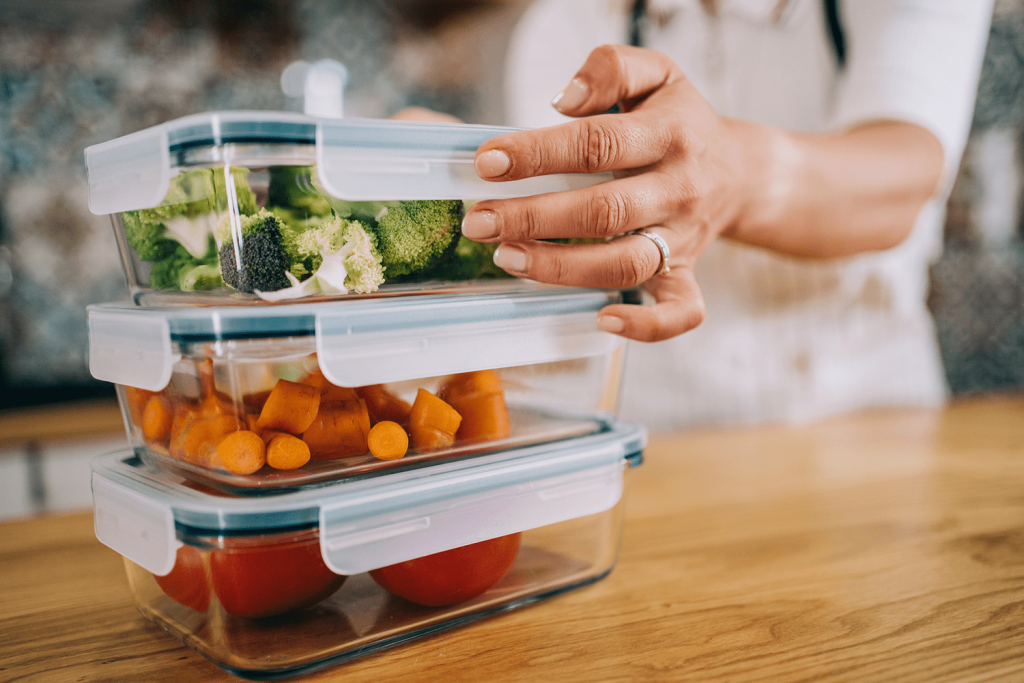In a world that increasingly values sustainability, individuals are seeking ways to reduce their environmental impact in every aspect of life. One significant area where eco-conscious choices can make a difference is in the realm of food packaging for work and school lunches. Embracing eco-friendly packaging not only benefits the planet but also promotes a healthier lifestyle.
Here are some tips to help you make sustainable choices when packing your daily meals:
Reusable Containers: Investing in high-quality, durable, and reusable containers is the first step towards an eco-friendly lunch routine. Opt for containers made from materials like stainless steel or glass, as they are not only eco-friendly but also free from harmful chemicals found in some plastics. These containers are not only long-lasting but can also be used for various types of food, reducing the need for disposable options.
Beeswax Wraps: Replace plastic wrap with beeswax wraps for a sustainable alternative to keeping sandwiches and snacks fresh. Beeswax wraps are made from cotton infused with beeswax, jojoba oil, and tree resin, creating a washable, reusable, and biodegradable option. They come in various sizes and patterns, adding a touch of style to your lunch while helping the environment.
Stainless Steel or Bamboo Utensils: Say goodbye to disposable plastic utensils and embrace reusable options made from stainless steel or bamboo. Keep a set of these utensils in your lunch bag or desk drawer, ensuring you’re always prepared to enjoy your meal without contributing to the plastic waste problem.
READ MORE: Best ways to store bread for longevity
Compostable Bags: Choose compostable bags for snacks or to contain items that might get messy. Made from materials like cornstarch, these bags break down naturally, minimising the environmental impact. Ensure they are certified compostable to guarantee proper disposal.
Bulk Purchases: Buying in bulk not only reduces packaging waste but also saves money in the long run. Consider purchasing snacks and pantry staples in larger quantities and portioning them into reusable containers for daily use. This approach minimises the need for single-serving, individually wrapped items.
Water Bottles: Opt for a reusable water bottle instead of purchasing bottled water. This simple switch not only reduces plastic waste but also promotes hydration throughout the day. Look for bottles made from stainless steel or BPA-free materials for a safer and more eco-friendly choice.
ALSO SEE: Superfoods that won’t break the budget
Feature image: Pexels

